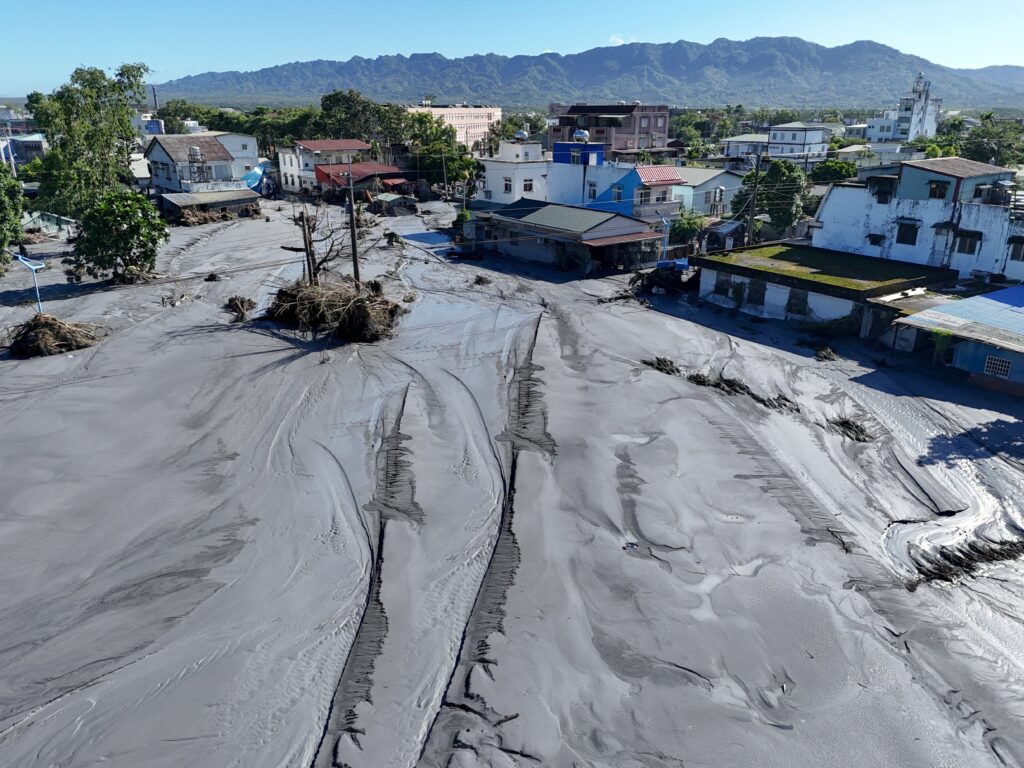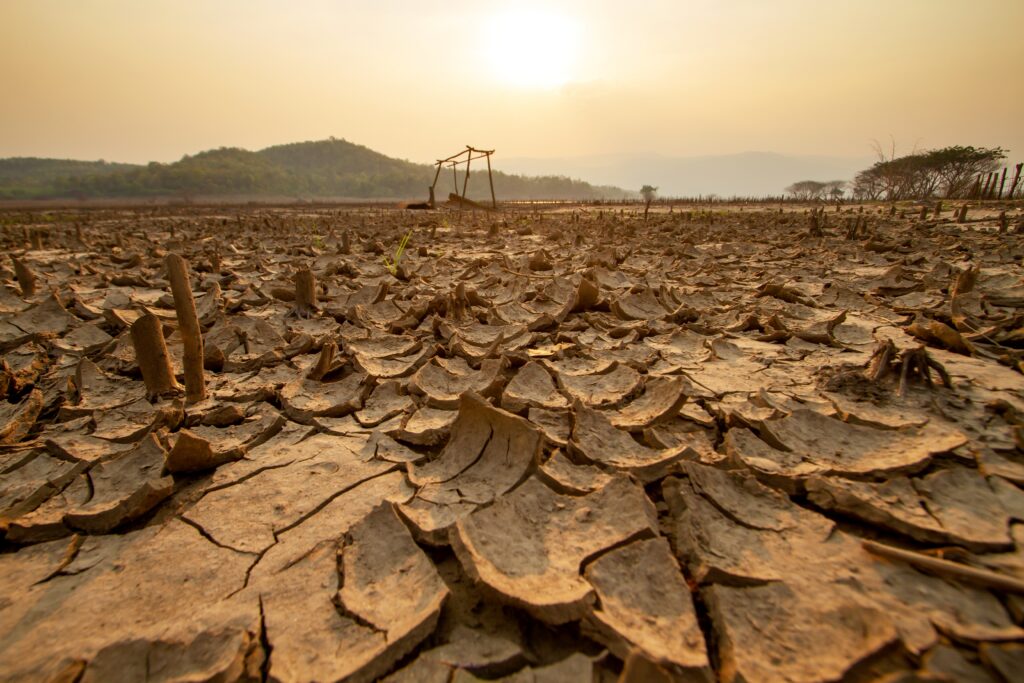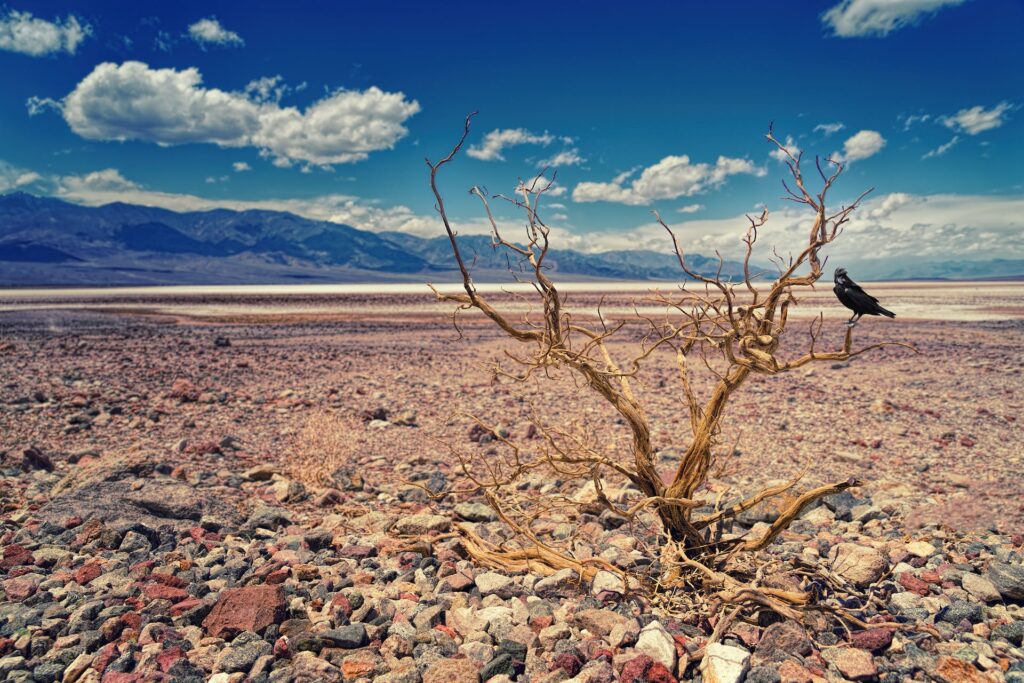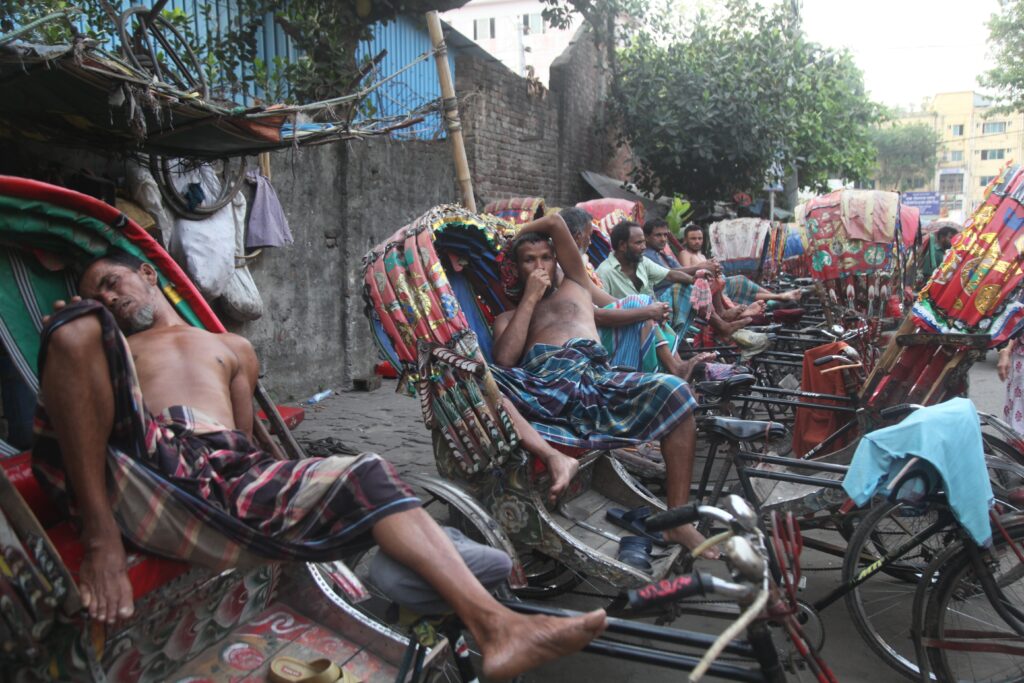Extreme heatwaves like the one that just swept across the Northern Hemisphere are becoming increasingly frequent. In July 2023, human-caused warming activities triggered simultaneous heatwaves in Europe, North America and China – places where such events used to be rare.
The abnormally hot weather and extreme heat stress resulted in several deaths and led to thousands of cases of heat-related illnesses across the three continents. It also caused large-scale crop damage, exacerbated wildfires and aggravated water stress in arid regions.
“In the past, we might have seen one continent developing a heatwave, and that would have been pretty normal. Now, like last summer across the Northern Hemisphere, every continent was in heatwaves,” John Nairn, senior heat advisor at the World Meteorological Organisation, said.
“Concurrent heatwaves are becoming part of the compounding problem that we’re seeing from global warming. It does mean that resources get spread thinly because there’s more than one continent dealing with the challenge of extreme heat.”
Hottest Temperatures Disrupt Life Across Asia
July is typically the world’s warmest month of the year. But in 2023, it was the hottest month ever recorded. In particular, on July 16, Death Valley in the United States and provinces in Northwest China exceeded 50°C.
In fact, China experienced its highest temperature ever on that day. Reaching a sweltering 52.2°C, it crushed the previous all-time high by 1.7°C. The intense heat caused reductions in the grain harvest and cotton production of the world’s most populous country. It also led to a record-breaking power demand increase.
Throughout the month, the highest load in provinces across southern China and eastern China repeatedly hit new heights. In Beijing, the load on the power grid was up by nearly 30% compared to the same period in 2022, with cooling demand accounting for 35% of the total load.
Other parts of Asia, including Laos, Bangladesh, India and Thailand, also suffered from excessive heat this year. India, for example, experienced its hottest February since 1901 and saw record-setting temperatures and very severe heat stress throughout May and June. In East India, nearly 100 people died from heat-related causes.
Extreme Temperatures in Vietnam
Vietnam also experienced one of its worst heatwaves in May 2023. Outdoor work became impossible in the daytime and hospitals saw a surge in heat-related cases. In Laos and Bangladesh, extreme temperatures put a big strain on agriculture, a crucial sector for these economies.
China’s Response to the Extreme Heat Wave
In China, power outages remained limited during the heatwave due to measures implemented by the State Grid Corporation of China. To secure the electricity supply in Beijing, the company increased staffing by 9,300 people and deployed over 100 emergency power-generation vehicles. It also opened a 24-hour emergency power transmission service to ensure energy was available for people to purchase.
Such measures were especially important, considering that 14% of China’s population is aged 65 years and over. The elderly are also among the groups most vulnerable to the effects of heat.
“To save lives during extreme heat, we need to look after the most vulnerable – this includes older people, people with underlying health conditions, people without housing and communities with reduced access to cool spaces that can be lifelines during extreme heat,” Julie Arrighi, acting director at the Red Cross Red Crescent Climate Centre and one of the WWA authors, said.
Climate Change Directly Responsible for the Latest Heatwave
While China’s coping strategy was indeed life-saving, it was mostly based on burning more fossil fuels. Shanghai, for example, was reportedly burning 800 tonnes of coal per hour to keep the city cool. Similarly, Vietnam is pushing ahead with fossil-fuel projects despite the clear impact of climate change on the country.
Without human-caused climate change, heatwaves in the Northern Hemisphere would have been extremely rare, new analysis from World Weather Attribution (WWA) has found.
In China, such weather events would have occurred once every 250 years. And in the US, Mexico and Southern Europe, heatwaves would have never occurred if humans had not warmed the planet, the report said.
In today’s climate, however, heatwaves will likely occur once every five years in China, every 15 years in the US and Mexico and every 10 years in Southern Europe. They’re also going to get warmer by about 1°C in China, 2°C in North America and 2.5°C in Southern Europe.
COP28 To Pave the Way for Heat Action
Ahead of COP28, government leaders are under pressure to address the growing risk of heatwaves by phasing out fossil fuels and joining the Global Cooling Pledge.
The initiative aims to spur action on sustainable cooling in five areas. These include nature-based solutions, super-efficient appliances, food and vaccine cold chains, district cooling and national cooling action plans. It has already seen more than 20 early supporters, including India and Demark.
“The world hasn’t stopped burning fossil fuels, the climate continues to warm and heatwaves continue to become more extreme,” Dr. Friederike Otto, senior climate science lecturer at the Grantham Institute for Climate Change and the Environment and an author of the WWA report, said.
“It is absolutely critical that governments legislate fossil fuel phase out at this year’s COP climate conference.”
Heba Hashem
Journalist, Dubai
Heba is an Arabic and English-speaking freelance journalist based between the United Arab Emirates and Canada. She covers stories about business, renewable energy, climate change, finance, technology, real estate, food production, lifestyle and arts and culture.
Heba is an Arabic and English-speaking freelance journalist based between the United Arab Emirates and Canada. She covers stories about business, renewable energy, climate change, finance, technology, real estate, food production, lifestyle and arts and culture.


![Droughts and Water Scarcity: Asia’s Water Crisis [Part Two]](https://www.climateimpactstracker.com/wp-content/uploads/2025/10/shutterstock_2602524629-1024x683.jpg)











